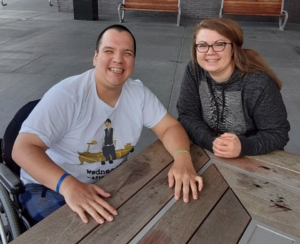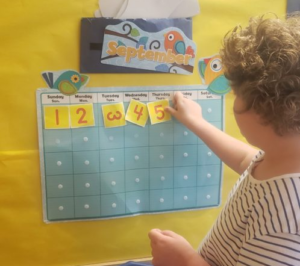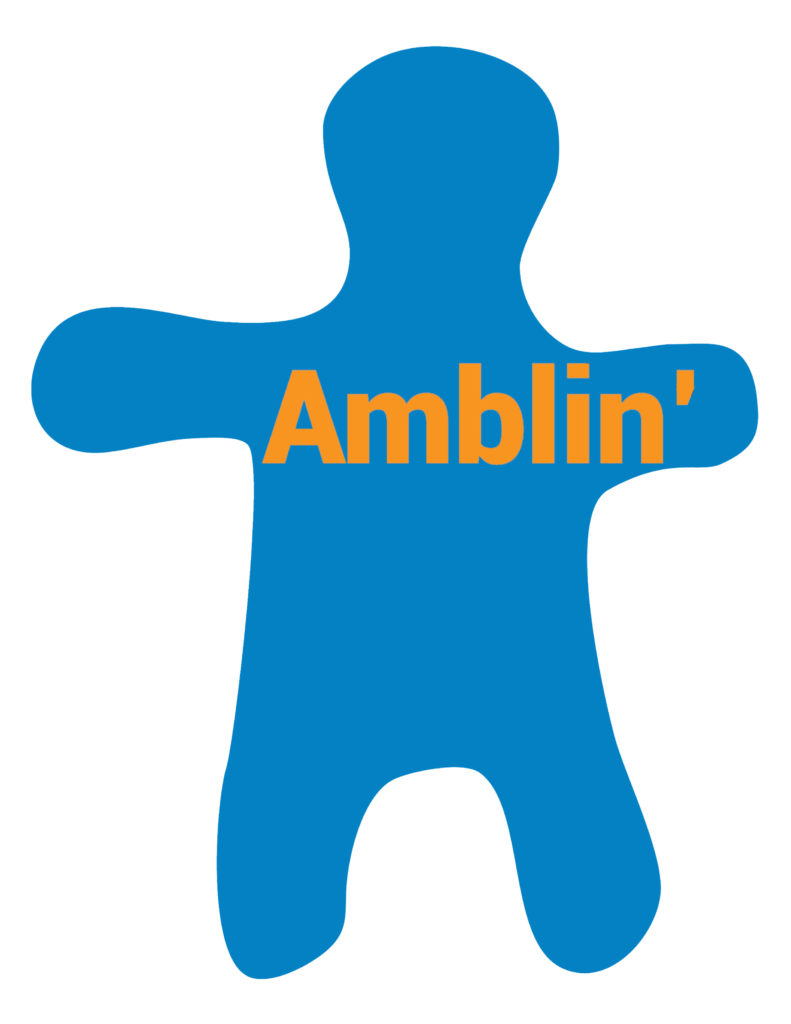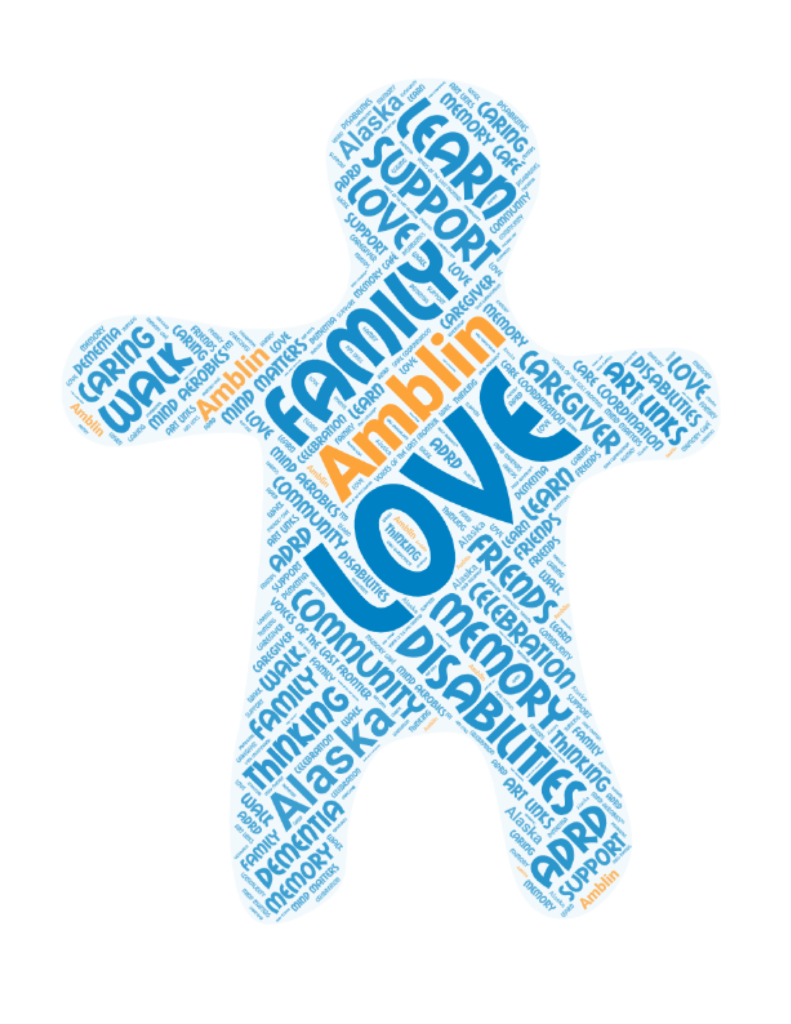
Revitalize Your Mind and Body with these Engaging and Enjoyable Practices
The Importance of Cognitive Health for Seniors
Cognitive health is a crucial aspect of overall well-being for seniors. As we age, maintaining cognitive function becomes essential for preserving independence, enhancing quality of life, and preventing conditions like Alzheimer’s disease and related dementias (ADRD). It’s important to note that while some cognitive decline can be a part of normal aging, progressive dementias are not. Engaging in activities that stimulate the brain can help delay cognitive decline, improve memory, and boost mental acuity. By incorporating specific exercises and lifestyle changes into daily routines, people of any age can significantly enhance their cognitive health and enjoy a fulfilling life.
1. Gardening: Cultivating More Than Just Plants
Gardening combines physical movement with mental stimulation. It requires planning, problem-solving, and sensory engagement, all of which are excellent for cognitive health. The repetitive nature of planting, weeding, and harvesting can have a calming effect, reducing stress and promoting a sense of accomplishment.
2. Physical Exercises for Cognitive Health
Physical exercise plays a significant role in maintaining cognitive health. Activities such as aerobic exercises, strength training, and balance exercises increase blood flow to the brain and promote the growth of new neural connections. Regular physical activity has been shown to improve memory, slow cognitive decline, and reduce the risk of developing ADRD. Adults aged 65 and older should aim for at least 150 minutes (2½ hours) of moderate aerobic activity each week, combined with muscle-strengthening exercises on two or more days a week acording to the CDC.
Walking is a simple yet powerful exercise that improves cardiovascular health and stimulates brain function. Walking in nature adds extra benefits by exposing the brain to diverse sensory inputs. The sights, sounds, and smells of the outdoors can boost mood and cognitive performance, making regular walks in a local park or nature reserve both physically and mentally beneficial. Outdoor hiking and nature walks are fantastic ways to help seniors feel independent, connected, and alert. Encourage your care partner to name the animals or plants they encounter as they stroll. This practice stimulates cognitive functions and reinforces active recall, making the experience both enjoyable and beneficial for their brain health.
3. Bird Watching: A Focused and Enjoyable Hobby
Bird watching sharpens focus and observation skills, requiring attention to detail and memory. Learning to identify different bird species and their behaviors engages the brain in a rewarding and stimulating way. This hobby can be enjoyed alone or as part of a community group, adding a social element beneficial for cognitive health.
4. Puzzles and Brain Games: Fun and Challenging
Engaging in puzzles and brain games, such as crosswords, Sudoku, or jigsaw puzzles, can enhance cognitive function. These activities challenge the brain, improve memory, and enhance problem-solving skills. Setting up a designated puzzle area at home or joining a puzzle club can make this a regular and enjoyable part of daily life.
5. Art and Crafts: Creative Cognitive Stimulation
Artistic activities such as painting, drawing, knitting, or crafting stimulate creativity and improve hand-eye coordination. Whether you choose to paint a landscape, illustrate a comic strip, or sculpt a beautiful object, participating in art serves as excellent cognitive exercise and a wonderful stress reliever. These activities require focus, planning, and fine motor skills, contributing to cognitive health and allowing your brain to rest while engaging in pleasurable and creative pursuits. Participating in group art classes can provide social interaction and a sense of community. Consider joining an Alzheimer’s Resource of Alaska Art Links session, with online or in-person options available.
Social interaction is vital for maintaining cognitive health. Engaging with others through group activities, volunteer work, or social clubs can reduce the risk of cognitive decline and improve mental health. Regular social engagement stimulates the brain, enhances mood, and provides emotional support, all of which are essential for cognitive well-being. Seniors should aim to participate in social activities several times a week to reap these benefits.
6. Reading and Storytelling: Nourishing the Mind
Reading books, magazines, or newspapers keeps the brain engaged and helps improve memory and comprehension skills. Storytelling, whether writing personal memoirs or sharing stories with grandchildren, enhances verbal skills and emotional expression. Libraries and community centers often have book clubs or storytelling sessions that add a social component to this activity.
7. Music and Dance: Rhythmic Cognitive Boosters
Listening to music, singing, or dancing can profoundly impact cognitive health. Music activates various parts of the brain, and dancing adds the benefit of physical exercise. Participating in music therapy sessions or community dance classes can be both enjoyable and beneficial for cognitive function. Alzheimer’s Resource of Alaska offers regularly occurring in-person and online Memory Café’s as an opportunity for people living with dementia and their care partners to engage in much-needed socialization and enjoy the company of others who are on the same journey.
The Importance of Nutrition in Cognitive Health
Nutrition also plays a critical role in cognitive health. A diet rich in fruits, vegetables, whole grains, lean proteins, and healthy fats can support brain function and reduce the risk of cognitive decline. Foods high in antioxidants, such as berries and omega-3 fatty acids, found in nuts and fish like salmon, are particularly beneficial. Reducing the intake of processed foods, sugars, and unhealthy fats can also help maintain cognitive health. Incorporating a balanced and nutritious diet is essential for overall brain health and can aid in preventing the progression of cognitive disorders.
Conclusion
Incorporating activities such as these into daily routines can help us maintain and even improve our cognitive health and overall well-being. Let’s make the most of this vibrant time of year to nurture both the mind and body.
If you or a loved one is navigating the challenges of Alzheimer’s or related dementias, we invite you to explore the wealth of resources available on our website. Whether you’re seeking guidance, support, or simply a connection with others who understand, Alzheimer’s Resource of Alaska is here for you. Feel free to reach out; let’s navigate this path together, offering a helping hand and a source of hope to brighten the way.
Sources
https://www.terrabellaseniorliving.com/senior-living-blog/five-cognitive-exercises-for-seniors-memory/
https://www.harborchase.com/blogs/how-to-exercise-the-brain/
https://physioed.com/the-cognitive-benefits-of-exercise-for-seniors/



 Make a Payment
Make a Payment



